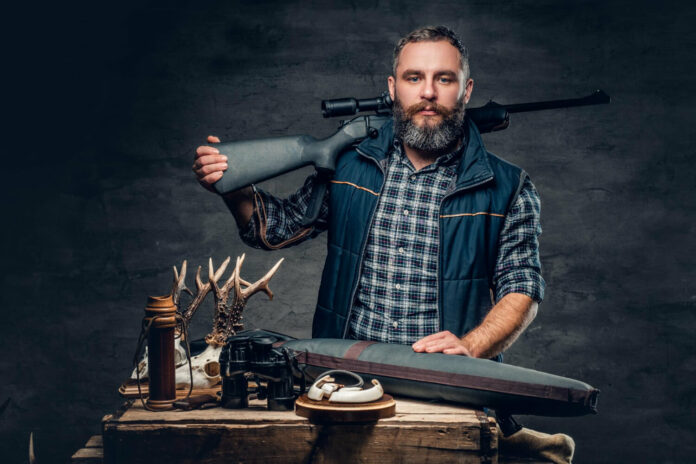As a firearm owner, it’s important to plan not only for the responsible handling of your guns during your lifetime but also for what happens to them after you pass away.
The transfer of firearms is governed by specific legal requirements, and failing to plan ahead can lead to complications for your loved ones.
So, who gets my guns when I die? Global Newsly will cover all the things you need to know about what will happen to your guns after you die.
Firearms and Estate Planning
From a legal perspective, guns are considered personal property, much like other possessions you may leave behind. However, the transfer of firearms is subject to stricter regulations compared to items like furniture or jewelry.
This means that proper estate planning is essential if you want to ensure your firearms are inherited in accordance with your wishes while remaining compliant with state and federal laws.
If you don’t have a will or other estate planning arrangements in place, state law will determine who inherits your possessions, including your firearms. This may not align with your intentions, particularly if you own valuable or sentimental guns.
To avoid any confusion or legal issues, it’s important to specify who should inherit your firearms.
Special Considerations for Firearm Transfers
Unlike other personal items, firearms come with additional legal considerations. The transfer of guns, especially across state lines, may involve varying state laws and federal regulations.
For example, if you live in California and want to leave your favorite hunting rifle to a family member in New York, the recipient will need to comply with both states’ laws concerning firearm ownership and transfers.
This can include background checks, licensing requirements, and restrictions on certain types of firearms.
Additionally, when dealing with regulated items like National Firearms Act (NFA) firearms (e.g., silencers, short-barreled rifles, or machine guns), the transfer process becomes even more complex.
NFA items generally cannot be transferred without approval from the Bureau of Alcohol, Tobacco, Firearms, and Explosives (ATF). The transfer may also involve additional forms, taxes, or permits, which your estate executor might not be familiar with.
Options for Ensuring a Smooth Transfer
To simplify the inheritance process for your firearms, you have a couple of options:
-
Include Firearms in Your Will:
- Specifying in your will who should inherit each firearm ensures your intentions are legally documented. Keep a detailed list of each firearm, including the make, model, and serial number. This will help the executor of your will carry out your wishes accurately.
- Ensure the designated recipient is legally eligible to own a firearm, including any necessary permits or licenses.
-
Create a Gun Trust:
- A gun trust can hold ownership of your firearms and allows multiple trustees to possess and use the firearms. This is especially beneficial for NFA items, as it can simplify the transfer process and avoid probate.
- A gun trust can also provide instructions for trustees on how to stay compliant with firearm laws.
What If There Is No Suitable Heir?
Sometimes, the designated heirs may not be legally able to own firearms or may not wish to keep them. In such cases, you can specify in your will that your guns should be sold or transferred to a licensed firearms dealer.
This ensures the firearms are disposed of in a manner that complies with legal requirements while potentially providing financial benefits to your estate.




